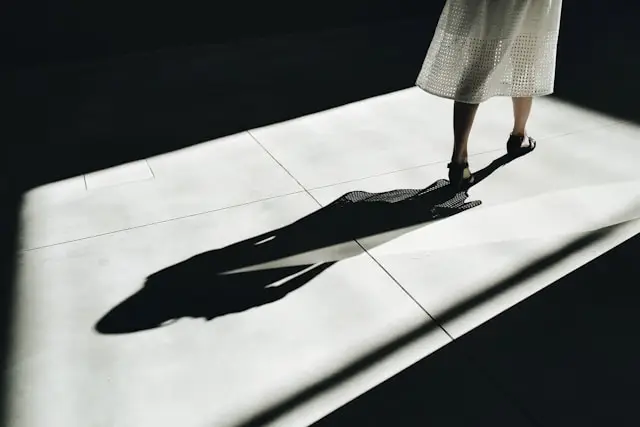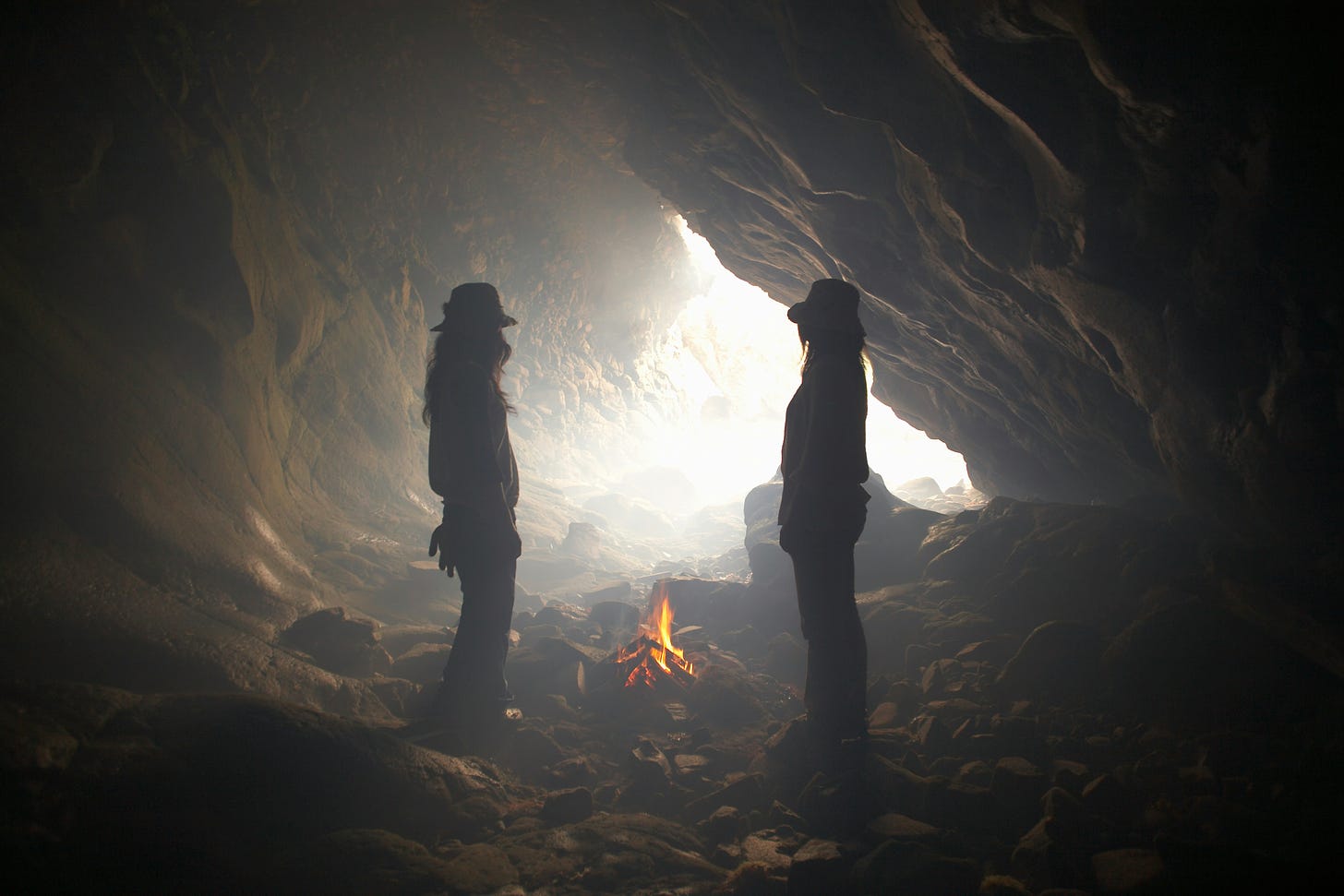
As we reach our later years and look back at our lives, we may wonder why we did or said certain hurtful things. Regret is a common feeling in older adults as we look back at the lives we lived. We may also wonder, where those hurtful words or actions came from since we are basically decent people.
Carl Jung, the renowned Swiss Psychologist, once quipped, “The gold is in the dark,” meaning that if we wish to know why we do or say certain things over the course of our lives, we need to become acquainted with our “shadow.”
What is our shadow? Connie Zweig, a retired psychologist, in her book, The Inner Work of Age. Shifting from Role to Soul, identifies our what our shadow is.
“The shadow develops in each of us as children as we inevitably identify with socially acceptable traits (politeness, generosity, caretaking, and so on) to form a conscious ego and banish their opposites (rudeness, stinginess, self-centeredness, and so on) into the unconscious shadow. These unacceptable feelings, images and desires lie dormant in the shadow but may erupt abruptly in hurtful or self-destructive behavior, addiction, and projections of all kinds.
With shadow-work, we learn how to listen to the inner voices of the shadow that lead us to do the same things we have always done without the results we want.”
The Inner Work of Age. Shifting from Role to Soul, p. 9
Shadow work refers to the process of exploring and integrating the unconscious aspects of our personality, particularly those parts that are often hidden, repressed, or denied. The goal of shadow work is to become aware of and integrate these hidden aspects, leading to personal growth, self-awareness, and a more balanced psyche.
Process: Shadow work typically involves:
o Self-reflection
o Journaling
o Therapy or counseling
o Meditation or mindfulness practices
o Analyzing dreams
o Exploring triggers and emotional reactions
o Spiritual direction
Shadow work can lead to:
o Improved self-understanding
o Better relationships
o Increased creativity
o Reduced projection of one’s issues onto others
o Greater emotional balance

Shadow work can be difficult and uncomfortable, as it involves confronting aspects of oneself that may be unpleasant or shameful. But the results of shadow work is more peace with who we are.
Spiritual direction can be a safe place to engage in shadow work. A trained spiritual companion can provide a safe place to explore the stuff hidden in our shadow and bring it out into the light of God’s love, forgiveness, and acceptance.
God does not judge us for what we have pushed into the dark corners of our soul. God understands how painful some of our unacceptable traits can be for us and invites us to acknowledge them and let them go.
“You will know the truth and the truth will make you free.”
Jim Cyr is a trained spiritual companion who helps older adults reflect on the meaning of their lives and how God has been present or absent as they face the challenges of aging and end of life.
You can learn more about Jim at www.jimcyr.com.